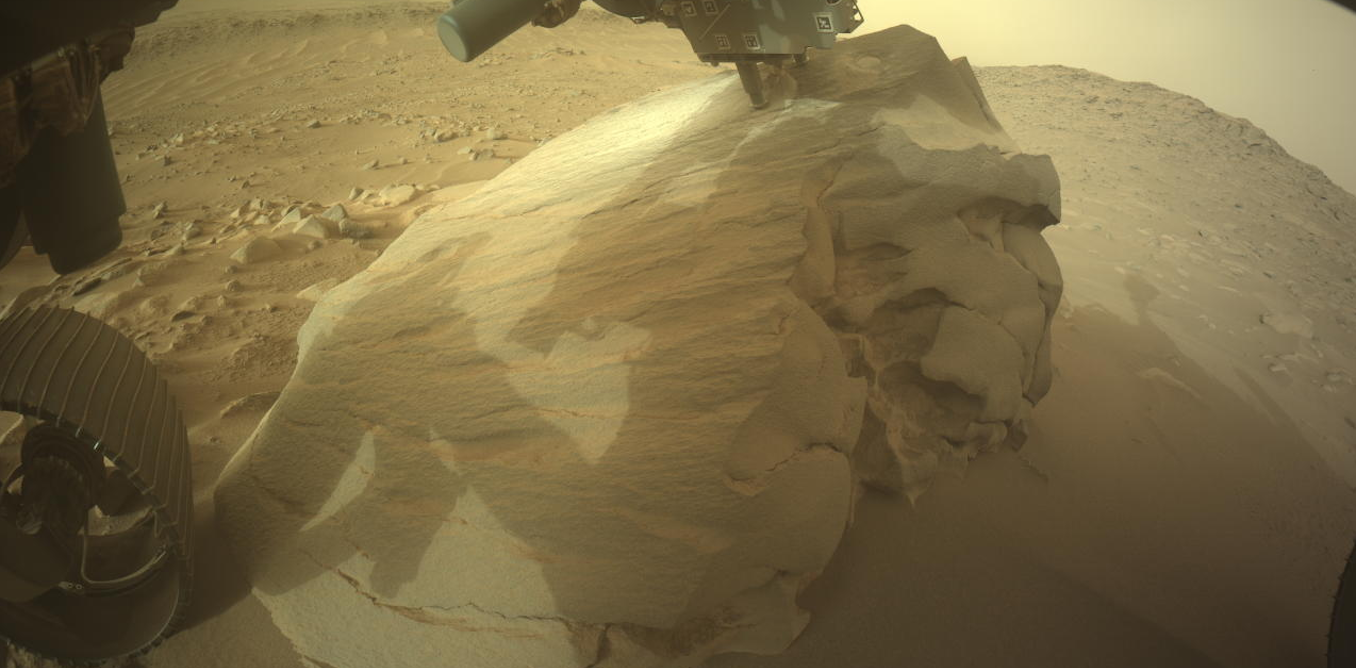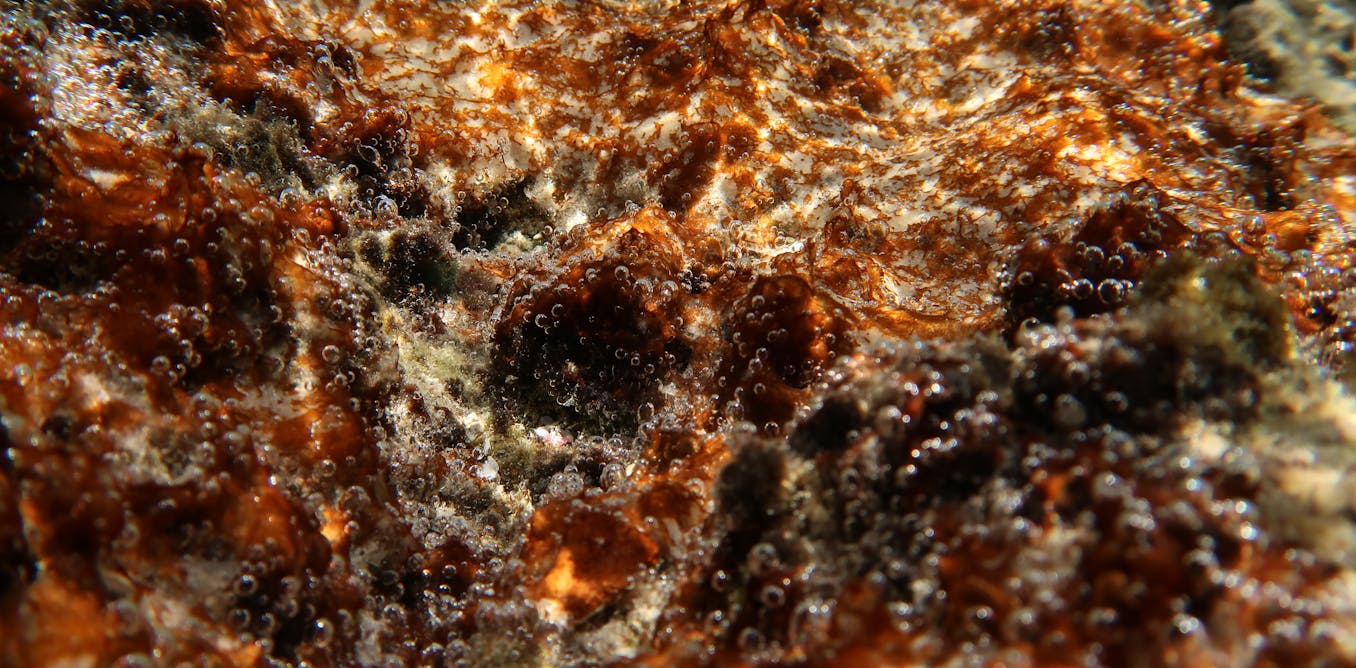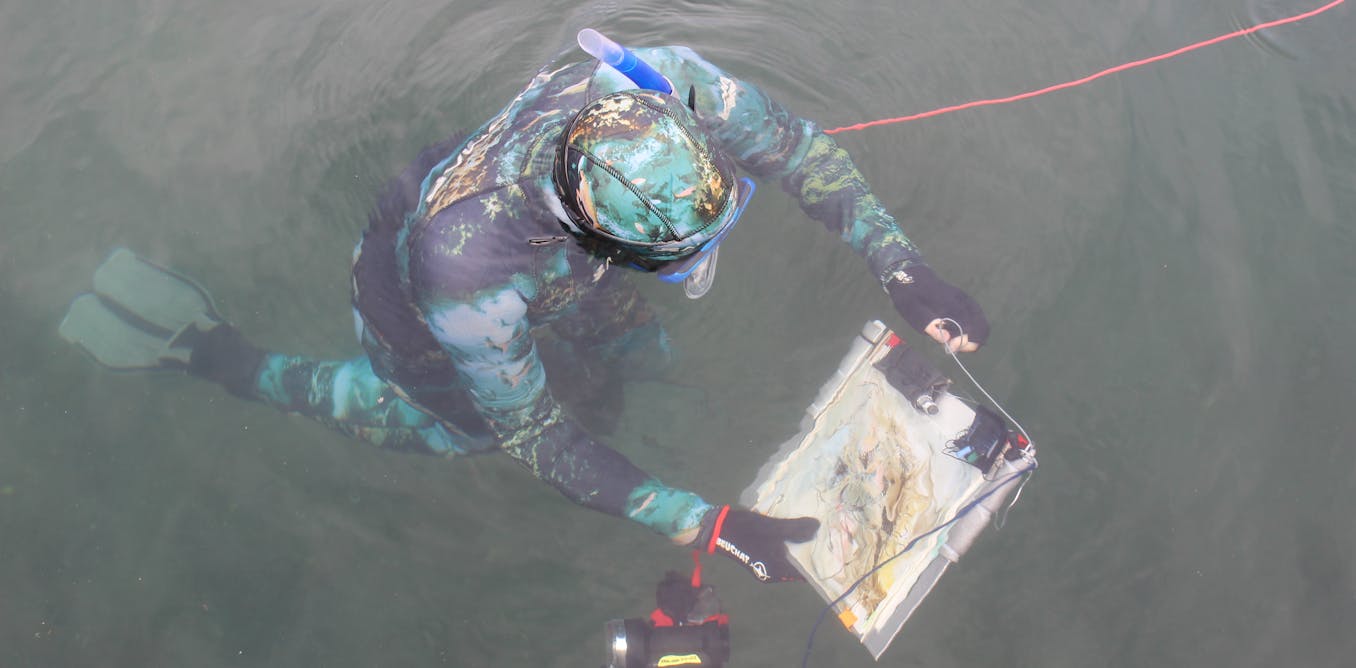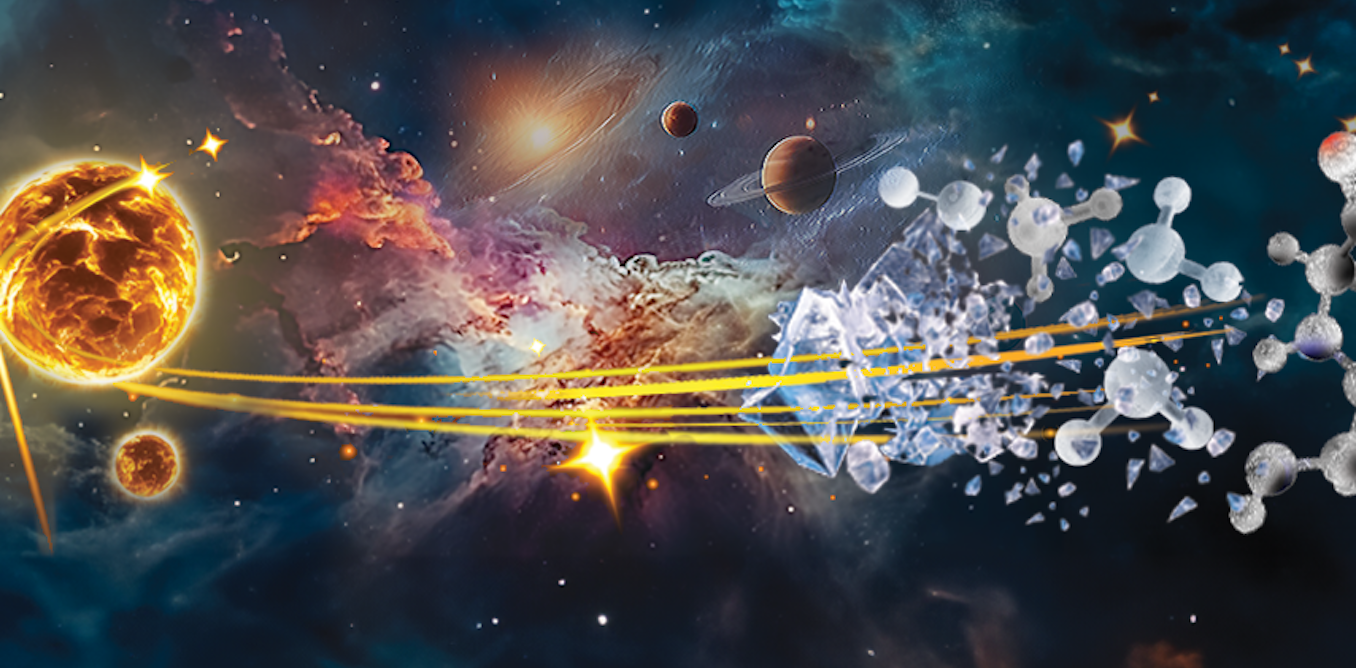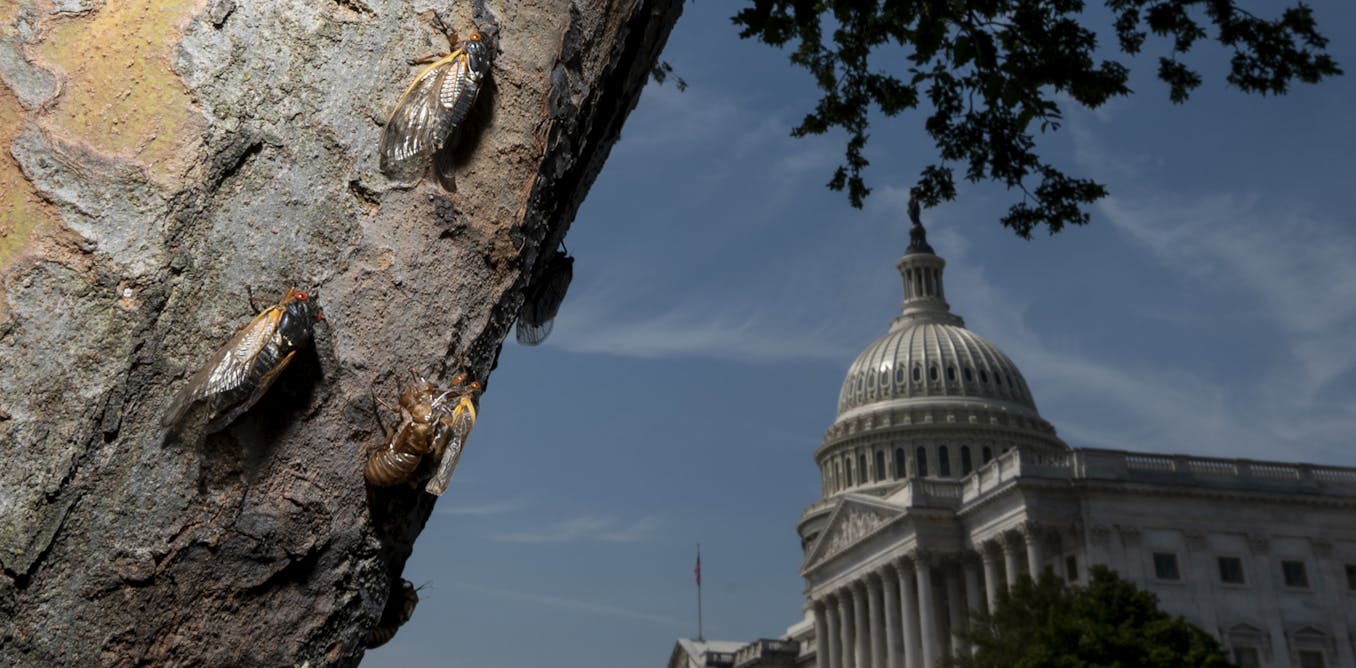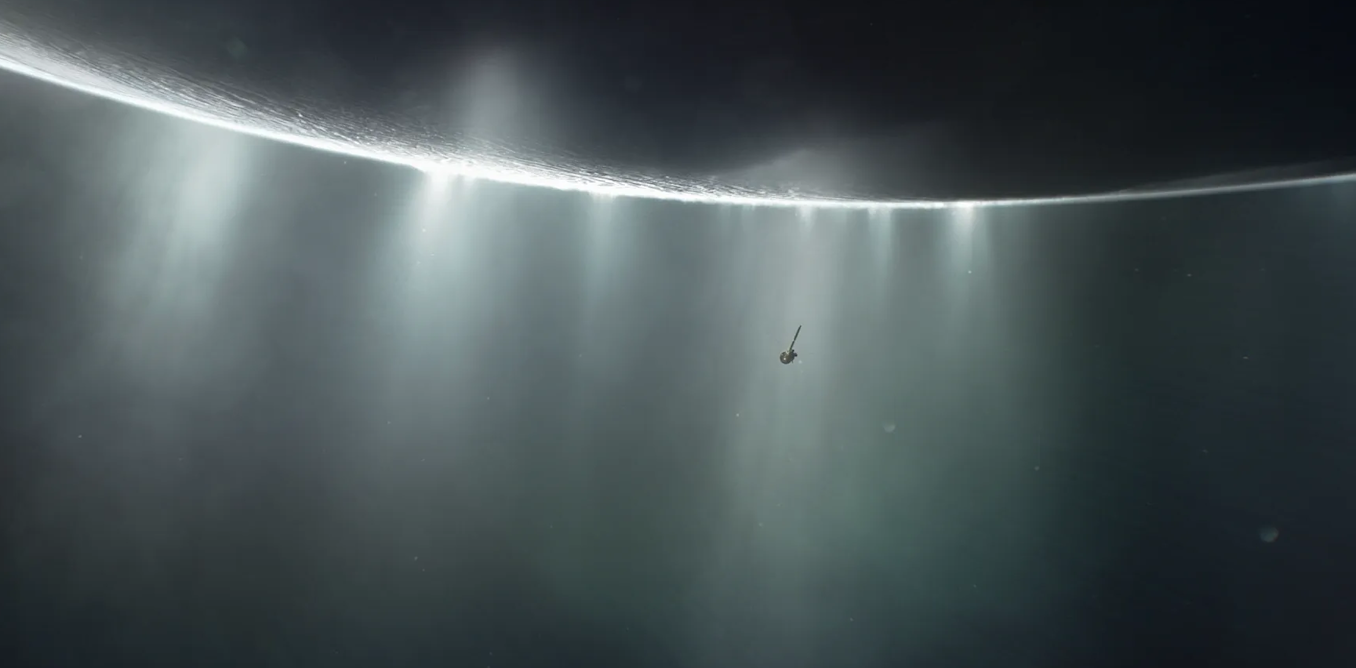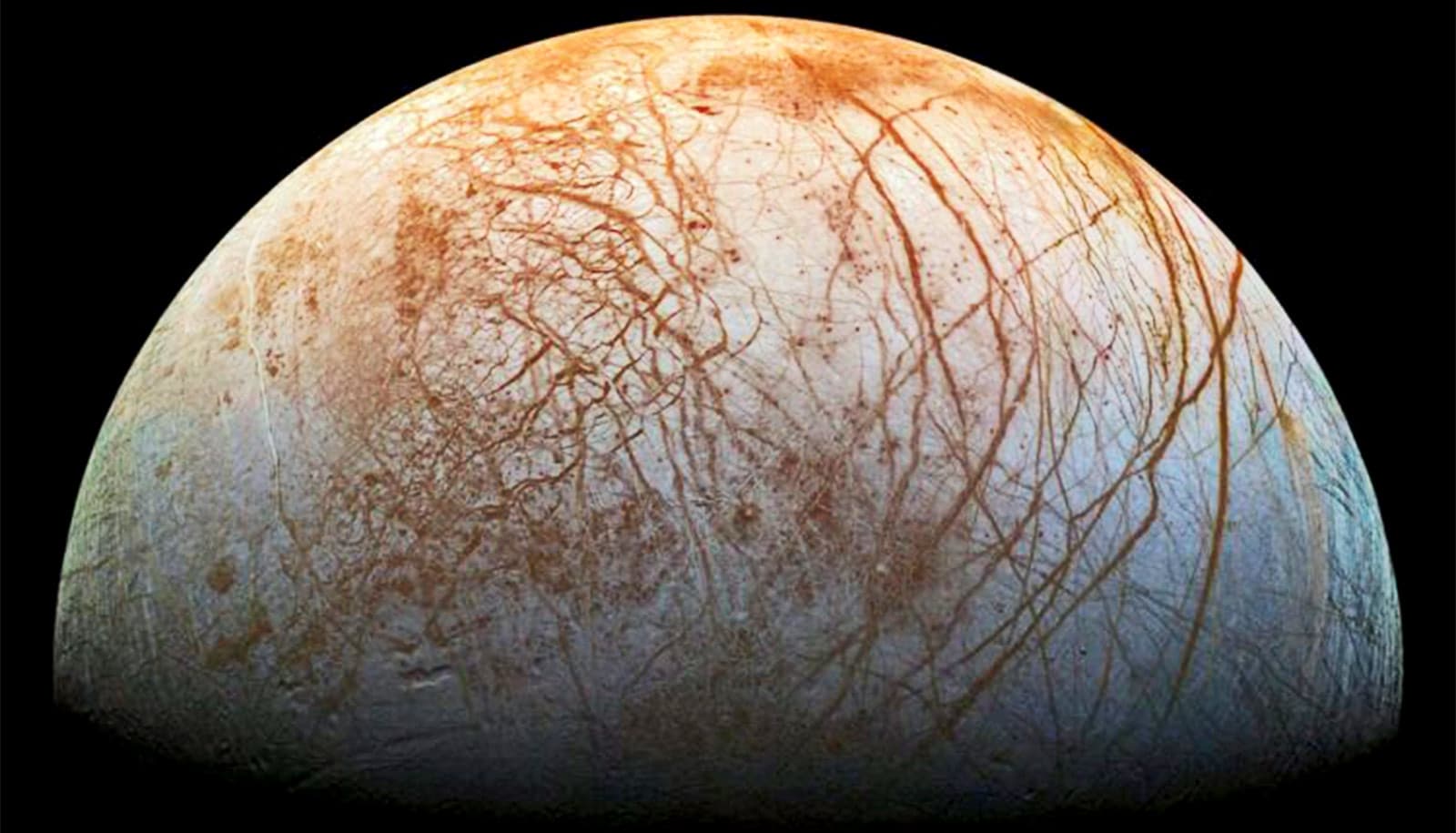From the coast to the deep sea, changing oxygen levels affect marine life in different ways
Marine species respond to ocean deoxygenation in different ways depending on where in the ocean they live.
April 23, 2024 • ~7 min
Nasa to overhaul mission returning samples from Mars – here’s why it must and will go ahead
There’s anxiety among space scientists following Nasa’s decision to rethink sample return mission from Mars.
April 22, 2024 • ~7 min
Snorkelling artists showcase Scotland’s diverse marine life in thought-provoking exhibition
Nine artists have taken part in a snorkelling artists’ residency that began underwater in Scotland.
April 18, 2024 • ~7 min
Crucial building blocks of life on Earth can more easily form in outer space – new research
Perhaps life is more common in the universe that we think.
April 18, 2024 • ~6 min
Billions of cicadas are about to emerge from underground in a rare double-brood convergence
The last time that these two groups of cicadas emerged from underground together, Thomas Jefferson was president.
April 18, 2024 • ~11 min
Saturn’s ocean moon Enceladus is able to support life − my research team is working out how to detect extraterrestrial cells there
Saturn’s moon Enceladus has geysers shooting tiny grains of ice into space. These grains could hold traces of life − but researchers need the right tools to tell.
April 17, 2024 • ~8 min
Flowers may be more ancient than dinosaurs – but scientists can’t agree on when they evolved
The origin date for flowers is a source of debate among scientists – but a new approach may help bring clarity to the question.
April 9, 2024 • ~8 min
Family caregivers can help shape the outcomes for their loved ones – an ICU nurse explains their vital role
Including the family in a patient’s treatment plan can help shorten hospital stays and assist in recovery. But caregivers often pay a price.
April 9, 2024 • ~9 min
/
44

